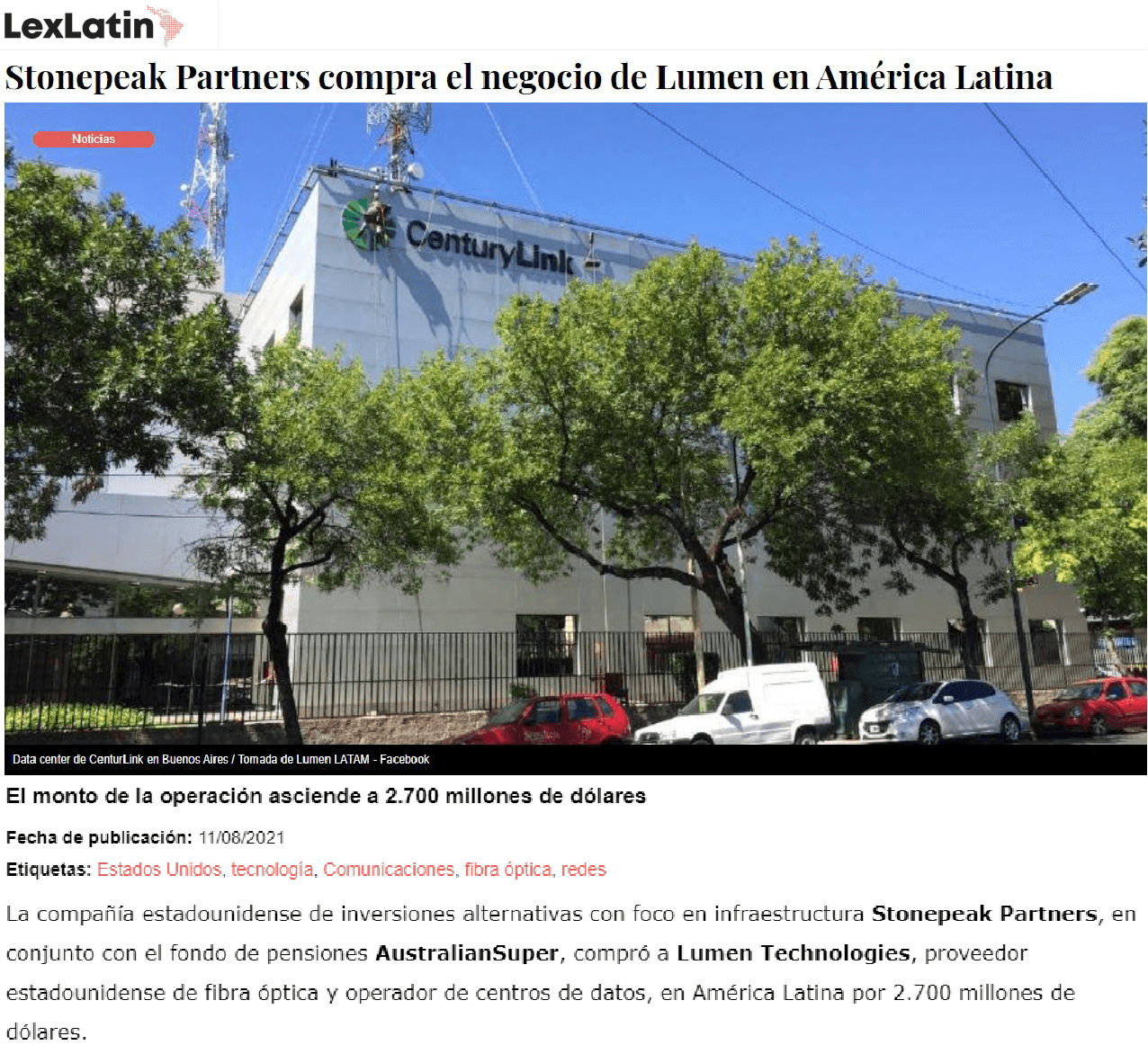The concept of guarantee of rights has undergone fundamental transformations in the last century, which have contributed to the development of the protection and safeguarding of rights in the Constitutions. To all this, the abandonment of “the romantic pretension, derived from the French Revolution, whereby it was sufficient to enshrine human rights in the political constitution, for them to be respected by authorities and citizens” also contributed to this regard (Jimenez, 2000, pg.549).
The current constitutional text, in force since 2008, broadens and strengthens the complex and concept of guarantees and rights, increasing the instruments of defense and developing the content of the guarantees already existing in the previous Constitution (Storini, 2010, pg. 287).
In order to understand the right to effective judicial protection, it is important to highlight the purpose of legal proceedings.
The progress of society compels to restrict the private defense of rights in case of conflict, to the extent of reaching the current conception of jurisdiction, as the exclusive power of the State, to intervene in any conflict that actually or eventually disturbs social peace. (Becerra, 1977, pg. 22).
In this context, each citizen – paraphrasing Rousseau – surrendered part of its freedom to the State, so that the latter exclusively provides the tools to enforce rights through the judiciary branch, which is shielded with autonomy in the application of the Constitution and the law. Therefore, “the final purpose of procedural law is the regulation of the process, currently carried out by the jurisdictional organ exclusively”. (Becerra, 1977, pg. 23).
The State “in the legal field, not only complies with the creation and establishment of legal norms, but legal protection implies integrating the regulatory role with another, complementary, second-degree role. To the task of dictating norms this other role is added with the objective of conserving the legal order when it is unknown and the individual claims protection, which is the jurisdictional function”. (Véscovi, 1984, pg.7)
This leads us to conclude that procedural law “regulates this complex of acts in order to obtain jurisdictional protection” (Becerra, 1977, pg. 23).
The right to effective judicial protection is a complex right that “acts as an umbrella that reinforces the protection of other guarantees of a procedural nature, in case they do not have constitutional coverage”. (Aguirre, 2010, pg.12). Therefore, it constitutes a paramount cornerstone in the conception and development of a process, which is complex and is related to several elements that compose it.
For several decades, several international instruments[1] have established effective judicial protection as a right of utmost importance; however, our legal system remained silent until the enactment of the 1998 Constitution.
Currently, the Constitutional Court (hereinafter, the “Court”) has established that effective judicial protection constitutes the right of every individual to resort to the courts to obtain a well-founded judgment[2], which also involves the duty of the judge to adapt the proceedings to the specific case to be resolved, as follows:
“(…) specifies that the right to effective judicial protection does not exclusively entail the right of citizens to have access to the courts, but also involves the duty of the jurisdictional authorities to adapt their actions to the nature of the case brought before them in accordance with the provisions of the legal system”. (Constitutional Court of Ecuador, Judgment 133-17-SEP-CC, Case 0288-12-EP)[3]
The Court established three aspects in the content of this right: (i) access to justice, (ii) development of the proceedings in compliance with the Constitution and the law, in a reasonable time, and (iii) enforcement of the judgement[4].
Additionally, the Court established important cornerstones to distinguish effective judicial protection as an autonomous right in its content and nature, and determined that the right to judicial, impartial, and expeditious protection consists of the right to resort to the jurisdictional bodies in order to obtain a resolution regarding any legal conflict. Such resolution shall be based on law and must have been dictated after the process has been substantiated, observing and respecting the procedural guarantees established in the Constitution. (Constitutional Court of Ecuador, Ruling 254-18-SEP-C, Case 0952-EP) [5]
The foregoing is a clear definition of what is meant by effective protection, which can be summarized as the right of every individual to access a jurisdictional body, so that it may hear his or her claim through a proceeding in which the judge and the parties respect the basic guarantees, as well as the right to obtain decisions by the courts which are in accordance with the Constitution and the law and enforced.
Subsequently, the Court established the three instances of effective judicial protection, as follows:
- Access to justice.- (…) implies that the State as a whole, and more specifically, the justice administrative bodies in the country, allow people to access the justice system with their petitions, without establishing overbearing obstacles that make it impossible for them to do so (…) in order to obtain from the administration of justice the recognition of their rights before the State and before individuals (…)
- The development of the process in strict observance of the principle of due diligence – refers to the prompt and diligent performance by the jurisdictional authorities; that is, within a reasonable time and processing the case in accordance with the constitutional and legal regulations, in order to effectively protect the rights and interests of the parties (…)
- Enforcement of the decision. (Constitutional Court of Ecuador, Judgment 254-18-SEP-C, Case 0952-EP)
It was positive to introduce the principles of responsibility enshrined in Article 11 of the Constitution, Article 15 of the Organic Code of the Judicial Function and the principle of due diligence contained in Article 172 of the Constitution; due diligence implies the fulfillment of the duty of care in the substantiation of the proceedings, observing the constitutional and legal provisions provided for resolution of disputes in the law brought to the attention of the courts. The latter further broadened the spectrum of the protection of the right to effective protection, including the implications and connotations that its non-observance would bring to the judges themselves and to the State.
It has been discussed whether or not arbitrators should ensure the right to effective judicial protection, since according to some criteria, this would be reserved only for judges and ordinary courts. If we call the right “effective judicial protection”, does this mean that arbitrators must protect this right? The obvious answer is yes, and if we want to call it effective arbitral protection, as a type, there is no difficulty. However, for the avoidance of doubt or contrary criteria, it is appropriate to refer to the right to the effective protection of justice (Martín Diz, 2014) [6] as the evolution of effective judicial protection, since it encompasses the rest of the mechanisms, including extra procedural or extrajudicial mechanisms recognized in legal systems. And, in Ecuador, arbitration is constitutionally recognized as a mean of dispute resolution.
In conclusion, effective protection has had an important and very positive development since the 2008 Constitution came into force, as the Court has worked to clarify and expand its elements. However, the system and understanding of complex law is not as expected, since there are important gaps to be solved, such as preparing judges, training them to issue better judgments and at the same time freeing them from “models”, “formulas”, “formats”, “evaluations by quantity” that prevent a true legal development and make it impossible to effectively apply the effective protection of justice.
References
Aguirre, V. (2010). El derecho a la tutela judicial efectiva: una aproximación a su aplicación a los tribunales ecuatorianos. Foro. Revista de Derecho No 14, 5-43.
Becerra , J. (1977). Introducción al Estudio del Derecho Procesal Civil. México: Cárdenas Editor y Distribuidor.
Jiménez, E. (2000). Derecho Constitucional Argentino, Tomo II, Sociedad Anónima editora, comercial, industrial y financiera. Ediar.
Martín Diz, F. (2014). Del derecho a la tutela judicial efectiva hacia el derecho a una tutela efectiva de la justicia. Revista Europea de Derechos Fundamentales, 161-176.
Narváez Aguirre, L. (abril de 2014). Tesis de grado: Facultades de los árbitros de suspender los efectos de los actos. Quito.
Storini, C. (2010). Las Garantías Constitucionales de los Derechos Fundamentales en la Constitución Ecuatoriana de 2008. Quito: Corporación Editora Nacional.
Véscovi, E. (1984). Teoría General del Proceso. Bogotá: TEMIS .
[1] The International Declaration of Human Rights (art. 10), the International Covenant on Civil and Political Rights (art. 14), the American Convention on Human Rights (art. 8), the Declaration of Basic Principles of Justice for Victims of Crime and Abuse of Power.
[2] Constitutional Court of Ecuador, Judgment 364-16- SEP-CC, Case 1470-14-EP
[3] Constitutional Court Ecuador, Judgment 133-17-SEP-CC, Case 0288-12-EP, 10/05/17.
[4] The Plenary of the Body in judgment No. 050-15-SEP-CC issued in case No. 1887-12-EP, the existence of three aspects in the essential content of the right to legal protection, which cannot be overlooked, as follows ‘(…) the first related to access to justice; the second with the development of the proceedings in strict compliance with the Constitution and the law and in a reasonable time, and the third in relation to the enforcement of the decision. (Constitutional Court of Ecuador, Judgment 133-17-SEP-CC, Case 0288-12-EP
[5] Constitutional Court of Ecuador, Judgment 254-18-SEP-C, Case 0952-EP, 11/07/18, p 10
[6] Fernando Martín Diz, “DEL DERECHO A LA TUTELA JUDICIAL EFECTIVA HACIA EL DERECHO A UNA TUTELA EFECTIVA DE LA JUSTICIA”.
Ramón Paz y Miño
Asocciate at CorralRosales
rpazymino@corralrosales.com












